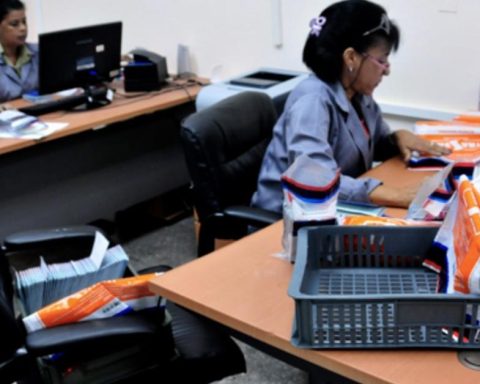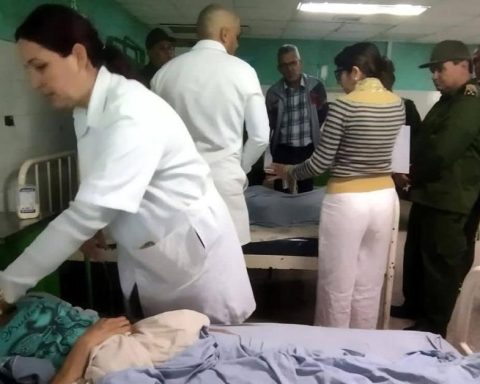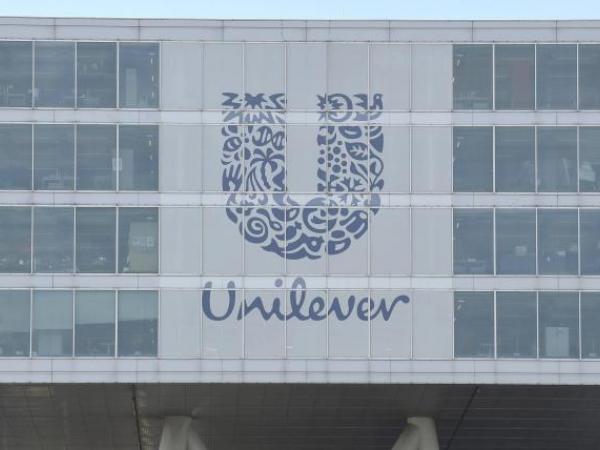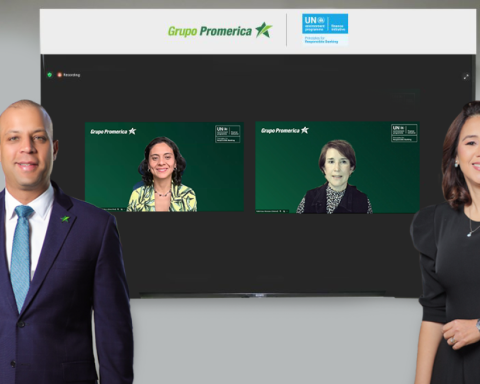Ecuadorians are between 2 and 3 times more likely than other societies to fall for scams, due to their low level of financial education.
The level of financial education in up to 2 times lower than the regional average; and it reaches up to three times if the world average is analyzed. In a study by the Organization for Economic Cooperation and Development (OECD), the average score on a simple test of financial knowledge was 12.7 out of 21 in more than 50 countries.
In fact, the score in Ecuador does not exceed 7 out of 21. Women get a better result than men (8 out of 21); but they are more relegated in the call financial inclusion.
The proportion of women with access to and use of financial products reaches 46%, which is 8 points lower than (54%) the proportion of men. Ownership of a basic savings account is the financial product with the widest gender gap, since for every 6 men with one, there are 4 women owners of a basic account.
In this scenario, Ecuadorian society not only has great gaps in financial educationbut also profound access problems that, among other things, make citizens more prone to fall for scams, go to chulcoabout getting into debt, not having savings for contingencies and the same time, among many others.
For example, despite the fact that the interest of the chulco can reach more than 1,200%, 65% of those who resort to this illegal financing believe that they are paying less than in a bank or cooperative.
The Big Three or the Big Three
To measure the level of financial education There is a simple test of three big questions. This test was created by Annamaria Lusardi, founder and academic director of the Global Financial Literacy Excellence Center (Gflec) at George Washington University and member of the BBVA Center for Financial Literacy and Capability Advisory Council, and Olivia S. Mitchell, professor of the Wharton School of the University of Pennsylvania.
1.- Imagine that you have $100 in a savings account with an annual interest rate of 2%. After 5 years without touching that account, how much money do you think you would have?
a) More than $102
b) Exactly $102
c) Less than $102
d) I don’t know
e) Does not respond
2.- Imagine that the interest rate on your savings account was 1% per year and inflation was 2% per year. After 1 year, how much could you buy with the money in this account?
a) More than today
b) exactly the same
c) Less than today
d) I don’t know
e) Does not respond
3.- Is this statement true or false? “Buying stock in a single company generally provides a safer return than a stock mutual fund.”
a) true
b) False
c) I don’t know
d) Refuse to answer
The answers to these three questions are: 1-a; 2 C; 3-b. If you don’t know why these answers are correct, you don’t have the basic understanding of what an interest rate is, how the time value of money is calculated, what inflation is.
This knowledge is vital to be able to find the best option for a loan, invest money in a business, save, among others.
4.- Do you set long-term economic goals and strive to achieve them (buy a house, save for retirement, pay for vacations or parties, start a business, etc.)?
1 always
2 sometimes
3 Never
4 don’t know
5.- Before contracting your last account in a bank or your last credit or last insurance, did you compare it with other products or other banks/insurers or financial institutions?
1 yes
2 Not
3 I do not have an account, insurance or credit
6.- To compare your bank account, credit or insurance, did you use sites or pages of institutions such as the Superintendence of Banks, or did you ask for the recommendation of specialists or analysts?
1 yes
2 Not
3 I do not have an account, insurance or credit
7.- Do you prefer to spend money than save it for the future?
1 always
2 sometimes
3 Never
4 don’t know
If the answers to these four additional questions are not 4-(1); 5-(1); 6-(1); 7-(3), that means that in addition to the lack of basic knowledge, you also do not have adequate financial habits and aptitudes. (JS)
IT MAY INTEREST YOU:
Millionaire contracts while lack of money for roads in Pichincha


















